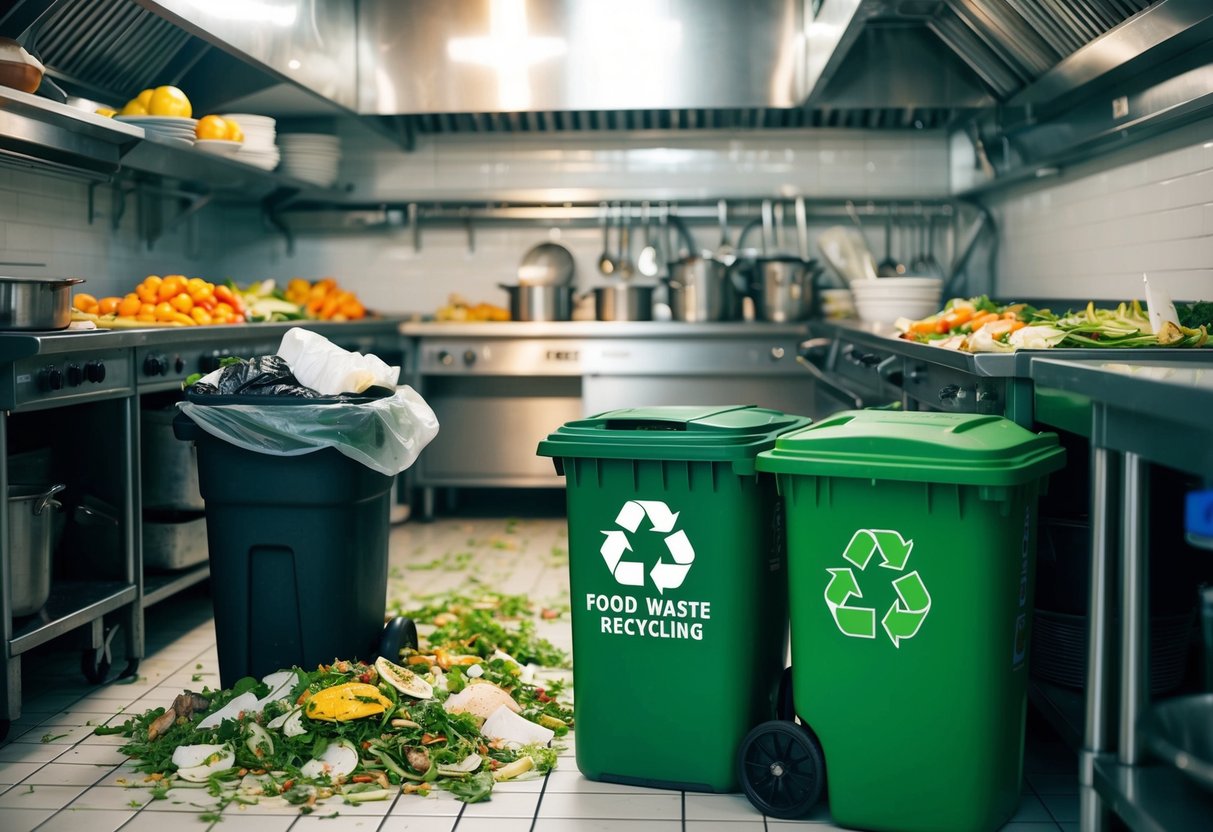The Future of Sustainable Dining: Innovations Changing the Food Industry
The Role of Technology in Agriculture
Technology is transforming agriculture with precision tools and digital solutions. Drones, sensors, and satellite imagery provide real-time data on crop health and soil conditions. These technologies enable farmers to apply water and nutrients more efficiently. Precision farming reduces waste and boosts productivity, ensuring better resource management.
Artificial intelligence and machine learning offer predictive insights into crop yields and disease outbreaks. These tools help farmers make informed decisions to optimize their operations. Sustainable food production benefits from technological advancements that promote efficient practices. Robotics and automation further streamline processes, reducing labor costs and human error.
Innovative technologies continue to enhance the efficiency and sustainability of agricultural practices, securing the future of food production. By integrating technology, farmers can achieve higher yields while minimizing environmental impacts, making the food system more resilient and sustainable.
The Impact of Food Waste on Sustainability

Reducing food waste plays a critical role in promoting environmental sustainability and achieving cost savings. Effective management of surplus food and innovative waste reduction techniques are essential to preserving resources and minimizing environmental impact.
Waste Reduction Techniques
Several approaches are actively reshaping how food industries tackle waste. Inventory management and smart purchasing are gaining traction as businesses aim to reduce excess stock. Technology, like artificial intelligence, helps predict demand more accurately, preventing overproduction.
Composting has emerged as a popular option, transforming food scraps into nutrient-rich soil. This reduces landfill contributions and supports organic farming. Additionally, awareness campaigns and educational initiatives help consumers make informed decisions, reducing household waste significantly. These strategies collectively propel a shift towards sustainable practices.
Re-purposing Excess Food
Transforming surplus food into valuable resources is another impactful approach. Many restaurants and companies have started donating excess, edible food to food banks and shelters. This feeds those in need and prevents waste.
Creative culinary methods repurpose leftovers into new dishes, showcasing resourcefulness. Innovations in packaging and storage extend shelf life, diminishing spoilage rates. Furthermore, anaerobic digestion processes convert food waste into energy, contributing to reduced energy costs and environmental benefits. These methods illustrate practical solutions to minimizing food waste impact.
Eco-Friendly Practices in Food Service
The food service industry is embracing environmental consciousness with innovations that prioritize sustainability. These efforts focus on reducing waste and conserving energy, which are crucial for minimizing the industry’s carbon footprint.
Biodegradable Packaging Solutions
Food service establishments are increasingly turning to biodegradable packaging as an eco-friendly alternative. This shift addresses the growing concern over plastic waste, which poses significant environmental risks. Compostable materials like plant-based plastics, bagasse, and corrugated cardboard are gaining popularity. These materials break down naturally, reducing landfill waste and preventing pollution. Additionally, they complement recycling programs, contributing to a more sustainable cycle. Many restaurants are partnering with suppliers that offer these options, creating a market for sustainable materials. This trend is not only environmentally responsible but also reflects changing consumer preferences for products that align with their values.
Energy Efficiency in Restaurants
Reducing energy consumption is another vital component of eco-friendly practices in the food service industry. Restaurants are adopting energy-efficient appliances, such as LED lighting and Energy Star-rated kitchen equipment, to lower operational costs and environmental impact. Smart thermostats and automated lighting systems further enhance energy management by optimizing usage according to demand. Beyond equipment, the design of restaurant spaces also plays a role, with natural lighting and improved insulation contributing to energy conservation. Restaurants are increasingly sourcing energy from renewable sources, such as solar or wind, aligning with broader sustainability goals. These efforts not only deliver economic benefits by decreasing utility expenses but also provide a positive contribution to environmental preservation.



